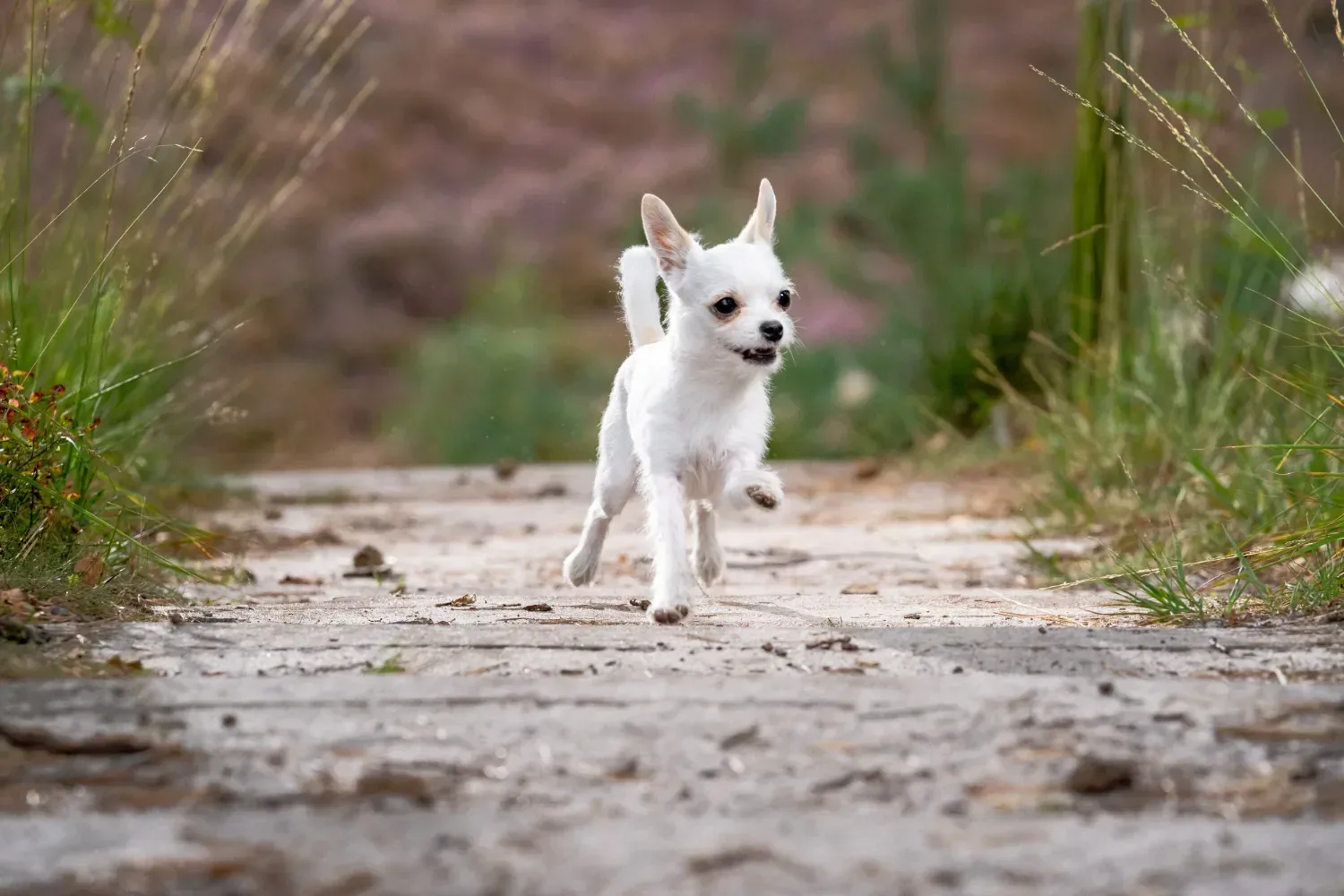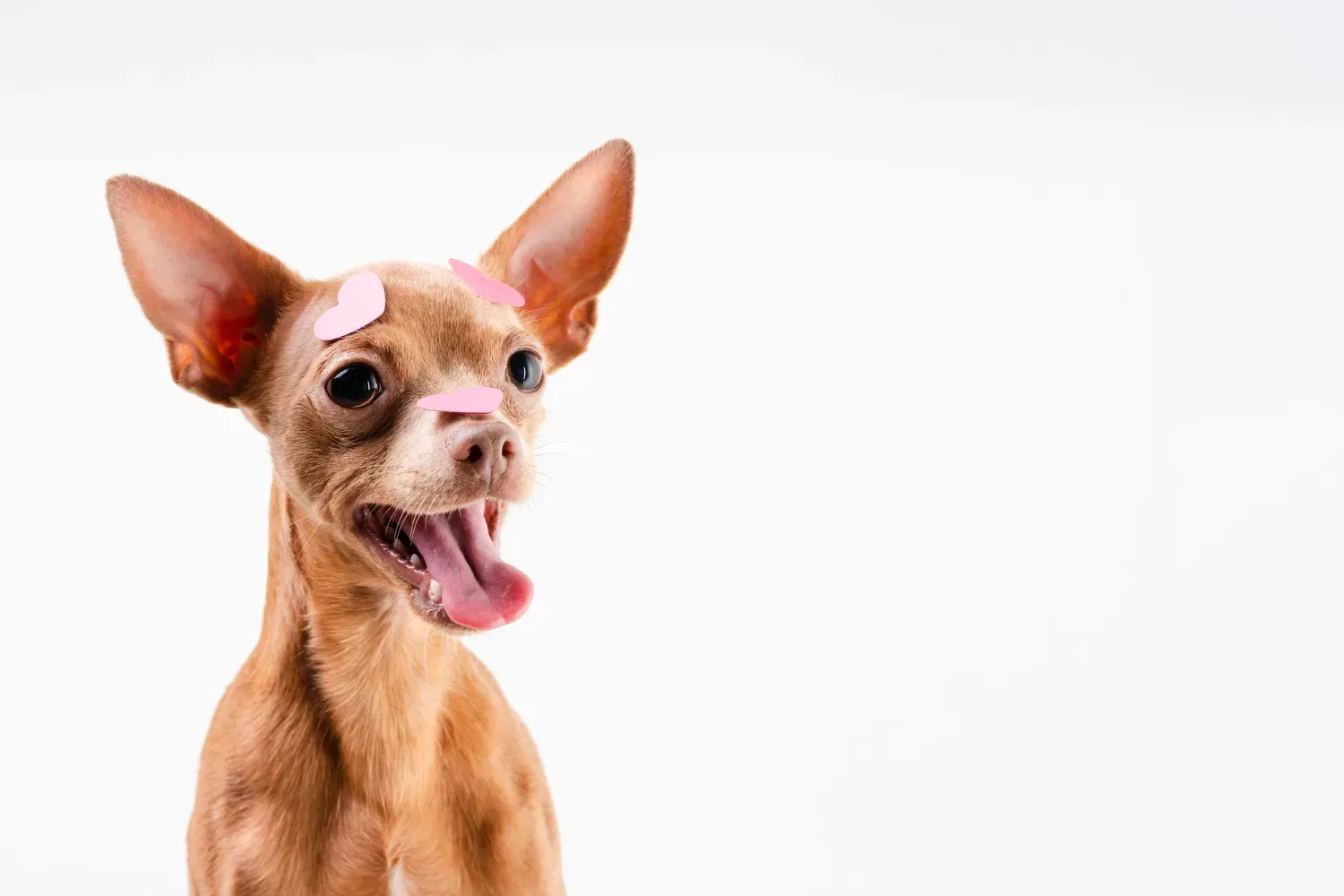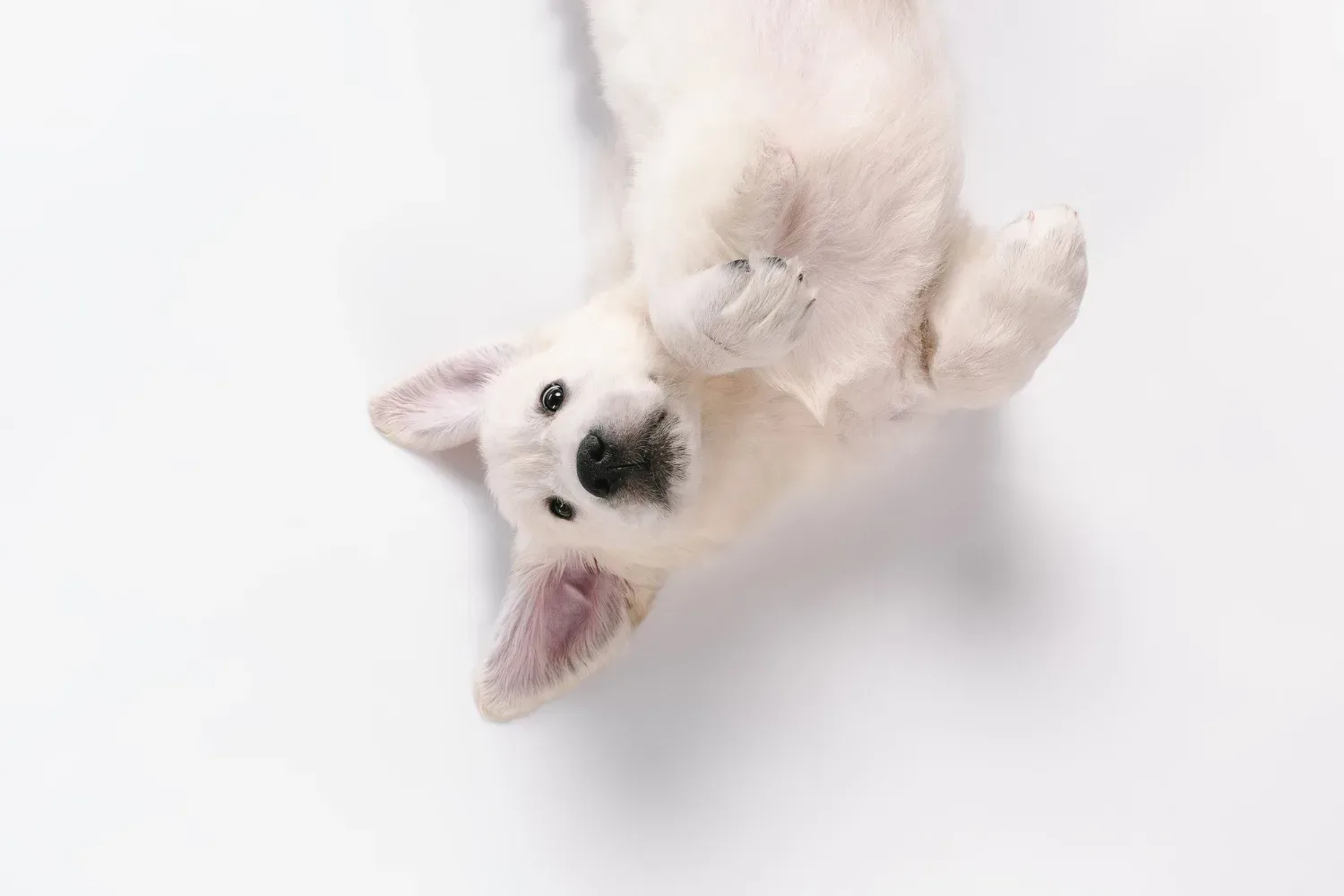
All about miniature pinscher temperament
All about miniature pinscher temperament can be tricky. There are a number of different factors to consider. Some of these are listed below. These dogs are typically sociable and friendly, while others can be difficult to train. This article aims to provide you with some information about mini pinscher temperament, including:
Training a miniature pinscher
If you’ve just brought home a Miniature Pinscher, you may be wondering how to train them to behave. The first thing you must do is understand their temperament. This small dog breed has a headstrong personality and can be hard to train. While most Miniature Pinschers have a good disposition and are generally a sweet and protective dog, this breed also has a tendency to chew and escape. If you’ve never owned one before, you might want to enroll in obedience classes or take training classes for your Miniature Pinscher.
The second thing you must understand about Miniature Pinschers is that they need a consistent routine. If you’re out of the house, make sure your dog has access to a bathroom. This will help them avoid soiling the crate. If you’re not home during the day, take your dog outside after a nap, after mealtime, or before bedtime. Be sure to let your Miniature Pinscher out at least once during the night.
If you don’t want to train your dog yourself, you can always adopt a puppy from a local adoption center or rescue group. Many of these dogs have been trained by their previous owners or are waiting for a forever home. These dogs are generally energetic, playful, and inquisitive and can be very stubborn. If you want to avoid this situation, consider adopting a mixed breed Miniature Pinscher.
Because the Miniature Pinscher has a protective temperament, it can be difficult for it to live alone. It needs constant attention from a human owner and needs company most of the time. Therefore, a retired person with a stable schedule is a great candidate for owning a Miniature Pinscher. It can make a great family pet if trained properly. This breed does not shed much, so it’s easy to maintain its short and sleek coat.
Legg-Perthes Disease
One of the most common health problems associated with the miniature pinscher is Legg-Perthes disease, a condition affecting the hip joint. Miniature pinschers can be at risk for this disease because their kneecaps are unstable, often luxating. To avoid this problem, it is recommended to keep your dog on a lean side. Another common health issue in this breed is Legg-Calve-Perthes disease, which results in reduced blood supply to the head of the femur. In severe cases, bone degeneration may result in limping. Treatment for this disease can include surgery to remove the head of the leg bone and rebuilding the muscle that is weakened.
While a pinscher temperament is generally very sweet and loving, it is essential to know the basics about this disease in order to properly care for your dog. The disease can have serious effects on your miniature pinscher’s health, but proper care can help him recover. If the disease is detected early, treatment is possible and the dog will be able to lead a normal life. While this disease is typically associated with toy breeds under a year old, it can also affect other breeds.
While the symptoms of Legg-Perthes disease in dogs can mimic those of hip dysplasia, they are different. A veterinarian will typically diagnose this condition based on a dog’s history, physical exam, and radiographs. Because Legg-Perthes disease is genetic, there is no cure. Prevention is the best solution, so it is important to monitor your puppy for any changes or symptoms.
Hypothyroidism
The occurrence of a dog’s hypothyroidism can cause a dramatic change in their temperament. These dogs can become aggressive, destructive, and even suffer seizure-like activity. To determine if your dog may be suffering from this condition, you should first determine the severity of the problem. This may be due to a number of factors, including your dog’s breed and history.
First, your veterinarian will likely perform a blood test to diagnose hypothyroidism. The most common thyroid hormones are thyroxine (T4), thyroid stimulating hormone, and anti-thyroglobulin antibodies. If the dog exhibits any of these signs, a blood test will be performed to rule out other conditions. The blood test may include a complete blood panel, serum biochemistry panel, and thyroid hormone levels.
A dog can develop hypothyroidism for a variety of reasons, including a diet rich in fatty animal products, environmental toxins, and vaccinations. A dog’s diet high in saturated fats may cause hypothyroidism, as can a neck injury. Regardless of the underlying cause, hypothyroidism in a miniature pinscher temperament may affect your dog’s overall quality of life.
In addition to medication, a balanced diet may be beneficial for your dog. Your vet may prescribe homemade dog food to help with the hypothyroidism. If you have a home-prepared diet, avoid giving the food within half an hour of a calcium-rich meal. Alternatively, your vet may recommend a prescription therapeutic diet, which is specifically formulated to meet your dog’s nutritional needs and contains lower fat levels.
In addition to a full thyroid panel, your veterinarian will also conduct blood tests to rule out other underlying diseases. You should consider the results of these tests in the context of your dog’s health history and any concurrent illnesses. In addition, you should always consult your veterinarian for further advice if you are unsure of whether your dog is hypothyroid or not. If your dog has a family history of hypothyroidism, it is important to find out whether it’s a true condition.
Epilepsy
A genetic epidemiologist has discovered a link between Miniature Pinscher temperament and Epilepsy. The LGI2 gene is responsible for remitting focal epilepsy in dogs. The study, published in PLoS Genet, found that the dog’s LGI2 gene was truncated. While the causes of the disease are unknown, it is likely to result in the dog suffering from recurrent seizures.
Seizures in miniature pinschers are symptoms of abnormal motor activity in the brain. These seizures are caused by idiopathic epilepsy, for which veterinarians are not entirely sure of the cause. Other causes of seizures in dogs include abnormal blood and electrolyte levels, cancer, and exposure to toxins. In severe cases, the dog may even lose consciousness. While these symptoms may be frightening to witness, the good news is that Miniature Pinscher temperament is generally healthy. While proper diagnosis and treatment are necessary, the outcome is often good.
Miniature Pinschers with progressive retinal atrophy may exhibit night blindness and anxiety during dim lighting. This inherited condition has no known treatment. The condition may also lead to hip degeneration. In severe cases, surgery may be necessary. Epilepsy in Miniature Pinschers is a life-long issue, so a regular veterinarian visit is essential. This small dog breed has sensitive skin that can be extremely itchy.
Miniature Pinschers are prone to seizures, and they may experience them during their developmental years. Medication is often needed for the life of the pup to keep the seizures in check. While it is unclear where the breed originated, it is native to Germany. Some areas in Scandinavia have extensive breeding of this breed. Though the history is not 100% clear, it’s thought to have originated from the Dachshund and Italian Greyhound.
Aggression toward other dogs
A typical miniature pinscher’s temperament can include both protective and fear-based aggression. During fear-based aggression, the dog may display deferent behaviors like back-facing, growling, and snapping. On the other hand, protective aggression can result from the dog protecting his or her territory. Aggressive behaviors can occur in a wide variety of circumstances, including playtime with children. These behaviors may be signs of a more serious temperament problem.
Another symptom of aggressive behavior is the ability to bite. Miniature pinschers are known to be territorial and protective, and they will not allow children to roughhouse with them. While these characteristics are admirable, they may also manifest aggression toward other dogs. Aggression toward other dogs in miniature pinscher temperament may occur even when these dogs aren’t intentionally biting. In addition, if the dog hasn’t been trained, it may bite both unintentionally and deliberately. In such cases, owners should be aware of these signs to prevent dangerous situations.
Aggression toward other dogs in miniature pinscher behaviour can result from rough handling and from introducing the dog to unfamiliar sights or sounds. While these traits are often desirable characteristics, these dogs can be aggressive when the environment at home becomes stagnant. This breed’s innate instincts to hunt rodents makes them an excellent watchdog, but these traits can also make them protective of their territory. Taking your pet to the park or dog park should be an enjoyable experience for both. A well-socialized dog is a must, and proper introduction to other dogs is crucial.
This disorder is difficult to diagnose. Although some researchers have noted abnormal electroencephalogram readings in dogs with this disorder, others have been unable to reproduce these results. It is difficult to manage idiopathic aggression without an underlying condition and has an unfavorable prognosis. In severe cases, dogs must be euthanized for safety reasons. Although there are a number of possible causes of aggression in miniature pinschers, there are no specific tests that can diagnose the cause.


